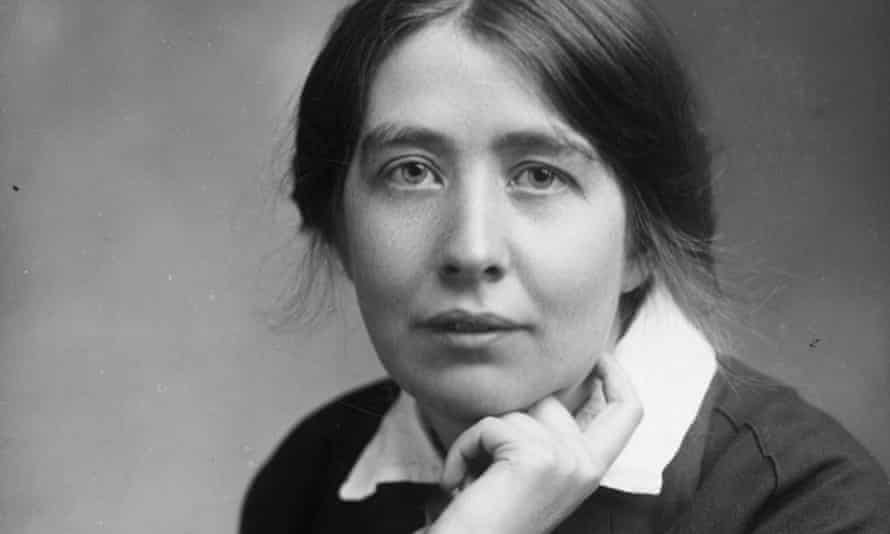The legacy of the radical bike-riding clubs of a century ago lives on

Cycling’s radical traditions are part of Britain’s social history. Recalling her teenage years in the 1890s, the great suffragette Sylvia Pankhurst wrote beautifully about the band of carefree lefties with whom she rode out of Manchester each weekend. Criss-crossing rural Lancashire and Cheshire, her cycling club was one of many associated with the Clarion, a popular socialist weekly newspaper. The more earnest socialists of the time saw this crowd as ideological dilettantes, too keen on having a good time. And their trips do seem to have been rather fun.
While there was some political evangelism and propagandising, “good fellowship” was the main object of the exercise: “At our journey’s end,” Pankhurst wrote in a 1931 edition of the Clarion, “was always an enormous shilling tea, in which phenomenal quantities of bread and butter and tinned fruit disappeared, then a walk round and frequently afterwards a brief ‘sing-song’.” A favourite anthem was a marching song written by the utopian socialist Edward Carpenter. “England, arise! The long, long night is over” resounded outside many rural pubs on Sunday afternoons. How many regulars were converted to the cause is not clear.
Though the Clarion paper has long gone, some of the cycling clubs still thrive. But after 126 years on the road, a dispiriting schism looms. As the Guardian reported this week, the National Clarion Cycling Club AGM has passed a motion to remove a “divisive” reference in its constitution to socialism. The amended version will instead express a commitment to “fairness, equality, inclusion and diversity”. The Saddleworth Clarion Club in Greater Manchester has threatened to start a breakaway organisation in protest.
There is, of course, nothing wrong with the new formulation. But it seems sad to lose the literal connection to such a rich past. The Clarion clubs represented a very different, non-doctrinaire and eclectic strand of the early British socialist movement. They were, as the young Pankhurst discovered, a happy haven for the “new woman” of the Victorian era, who got on her bike seeking greater independence, adventure and fun. They were also a Sunday release for the factory worker, relishing clean air away from the smoke and grime of the mill towns and sprawling cities. For many “Clarionettes”, socialism was simply another word for idealised fellowship.
The primary function of a constitution is to define the basic principles and laws of an organisation. But in unusual cases such as this, language is also a document of origins; a testimony to the perspectives, associations and hopes of previous generations. The National Clarion Cycling Club has said that local branches are free to write their own constitutions, retaining the reference to socialism. Hopefully some of them will do that, in honour of those cycling choirs that belted out “England, arise!” with such gusto.
No comments:
Post a Comment